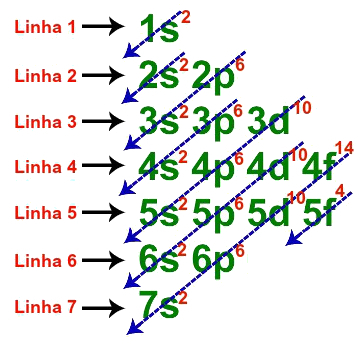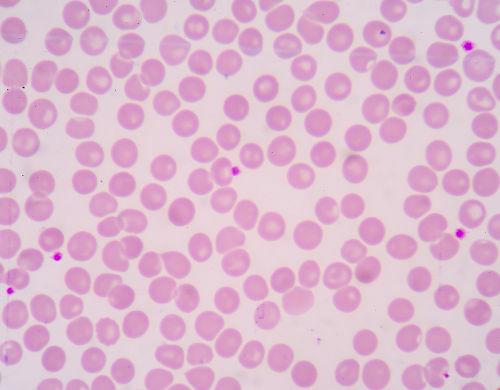Thermochemistry is a branch of Chemistry that studies the reactions and processes of change of physical state that involve energy exchange in the form of heat.
There are two types of reactions and processes of this type, which are:
Endothermics:Endo means inwards, that is, they are reactions or changes in physical state in which the reactants absorb heat.
For example, vaporization is the change from a liquid to a gaseous state, such as when clothes on the line dry. For this change to occur, water absorbs energy and, in this way, its intermolecular interactions are disrupted and the molecules are released in the form of vapor.
An example of an endothermic chemical reaction is the heating of limestone (CaCO3). It absorbs heat and decomposes, originating among its products calcium oxide (CaO), which is quicklime.
Exothermics:Exo means outward, that is, it refers to reactions or changes in physical state in which heat is released.
Here are two examples: Solidification of water into ice is a change in physical state that occurs when heat is released. Automobile explosion engines work from energy released by the combustion reaction of ethanol or petroleum products, such as gasoline and oil
diesel.Do not stop now... There's more after the advertising ;)
Two important concepts in the study of thermochemistry are the enthalpy (H) and the enthalpy variation (ΔH), which refer, respectively, to the energy content of substances and the energy difference between the reactants and the products (ΔH = HPRODUCTS - HREAGENTS).
When the equation that describes the process includes the value of the enthalpy change, we say that it is a thermochemical equation. If the value of ΔH is negative, it means that the process is exothermic, because the final enthalpy is smaller than the initial one; and if it is positive, the process is endothermic.
Examples:
Thermochemical equation of exothermic reaction:
1C3H8(g) + 5 O2(g) → 3 CO2(g) + 4H2O(g) ΔH = - 2,046 kJ
Thermochemical equation of endothermic reaction:
1 Fe2O3(S) + 3 C(s) → 2 Fe(S) + 3 CO(g) ΔH = +491.5 kJ
By Jennifer Fogaça
Graduated in Chemistry
Would you like to reference this text in a school or academic work? Look:
FOGAÇA, Jennifer Rocha Vargas. "What is Thermochemistry?"; Brazil School. Available in: https://brasilescola.uol.com.br/o-que-e/quimica/o-que-e-termoquimica.htm. Accessed on June 27, 2021.



